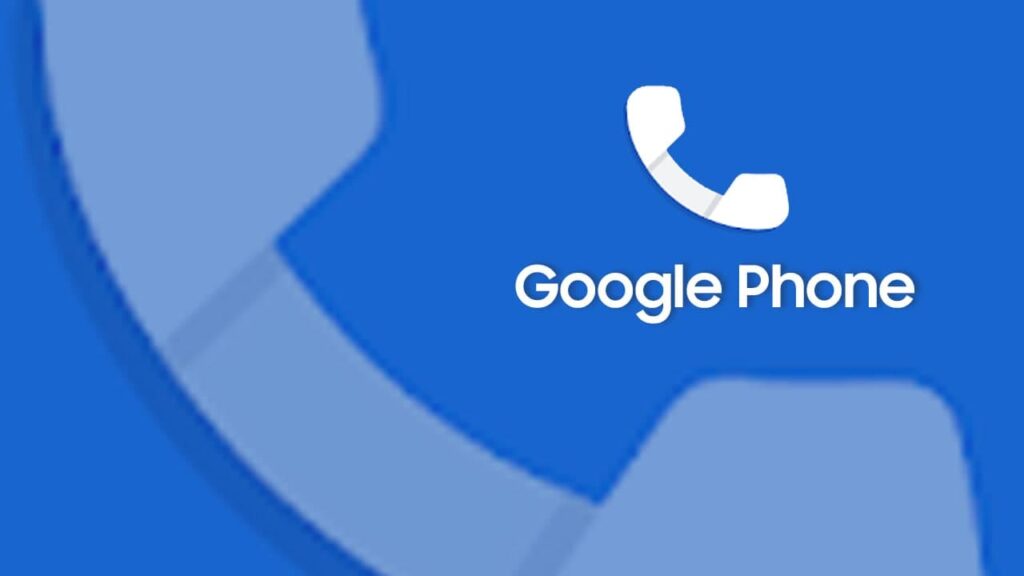February 28 Douglas Leith, lecturer in computer science at Trinity College Dublin, he published an article entitled “What Data Do The Google Dialer and Messages Apps On Android Send to Google?“ie “What data does the Google Phone and Messages app, pre-installed on Android, send to Google itself?”.
The answer should be “none”. Or rather, “no one, without the user’s consent.”
However, according to this article, some data seems to be actually sent to Google, without you realizing it.
Google and privacy: Douglas Leith’s research
The article, which you can find here in full version, explains what Professor Douglas Leith discovered: the Phone and Messages apps, present on millions of Android devices, it seems they send a lot of information to Google’s servers, including times and recipients of messages and call log. This data is shared with Google Play Services Clearcut and Firebase Analytics and allows you to associate sender and recipient.
Okay, that said it doesn’t actually seem like a huge privacy issue.
Leigh however explained to The Register that there is the possibility that the data related to the messages, especially if the content is short, can be decrypted, thus allowing you to read the contents of this SMS.
Neither the Phone app nor the Messages app has a privacy policy that illustrates how and what data is shared with Big G. It is therefore necessary to refer to that of Google Play Services which, however, does not seem to explain why the American giant collects the information. linked to messages and calls.

Douglas Leith was directly looking for some answers, and he reported his search to Google e suggested the following changes to the Mountain View company, six of which have already been made:
Google’s answer
Google has provided some information regarding this data collection. Specifically, the company explained that the message hash is used to detect any bugs while phone numbers are for recognize all those SMS that contain the codes that we need to authorize operations ranging from access to an account to a bank transfer.
The US company also explained that the data relating to the ICCID (Integrated Circuit Card-Identity), that is the 19-digit code that uniquely identifies the SIM, is used to support Google Fi, Google’s telecommunications service.
Finally, events logged and shared with Firebase Analytics are used for understand the effectiveness of those promotions that invite you to download an app. Specifically, they allow you to know if the suggested application has actually been downloaded and then used.
“We welcome collaborations – and feedback – from academia and researchers, including those from Trinity College. We have worked constructively with that team taking into account their suggestions and will continue to do so, ”explains a spokesperson for Google.














Leave a Reply
View Comments